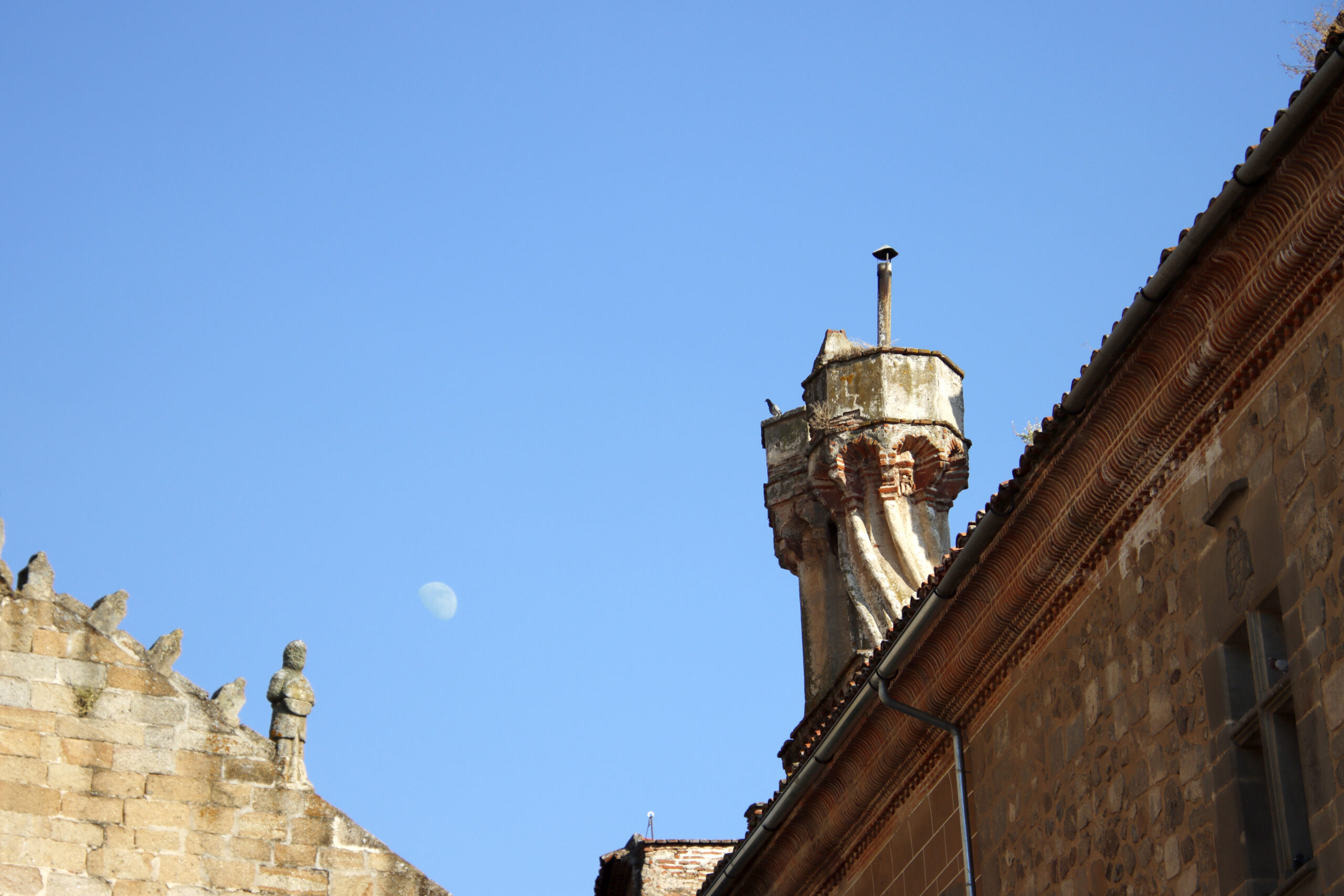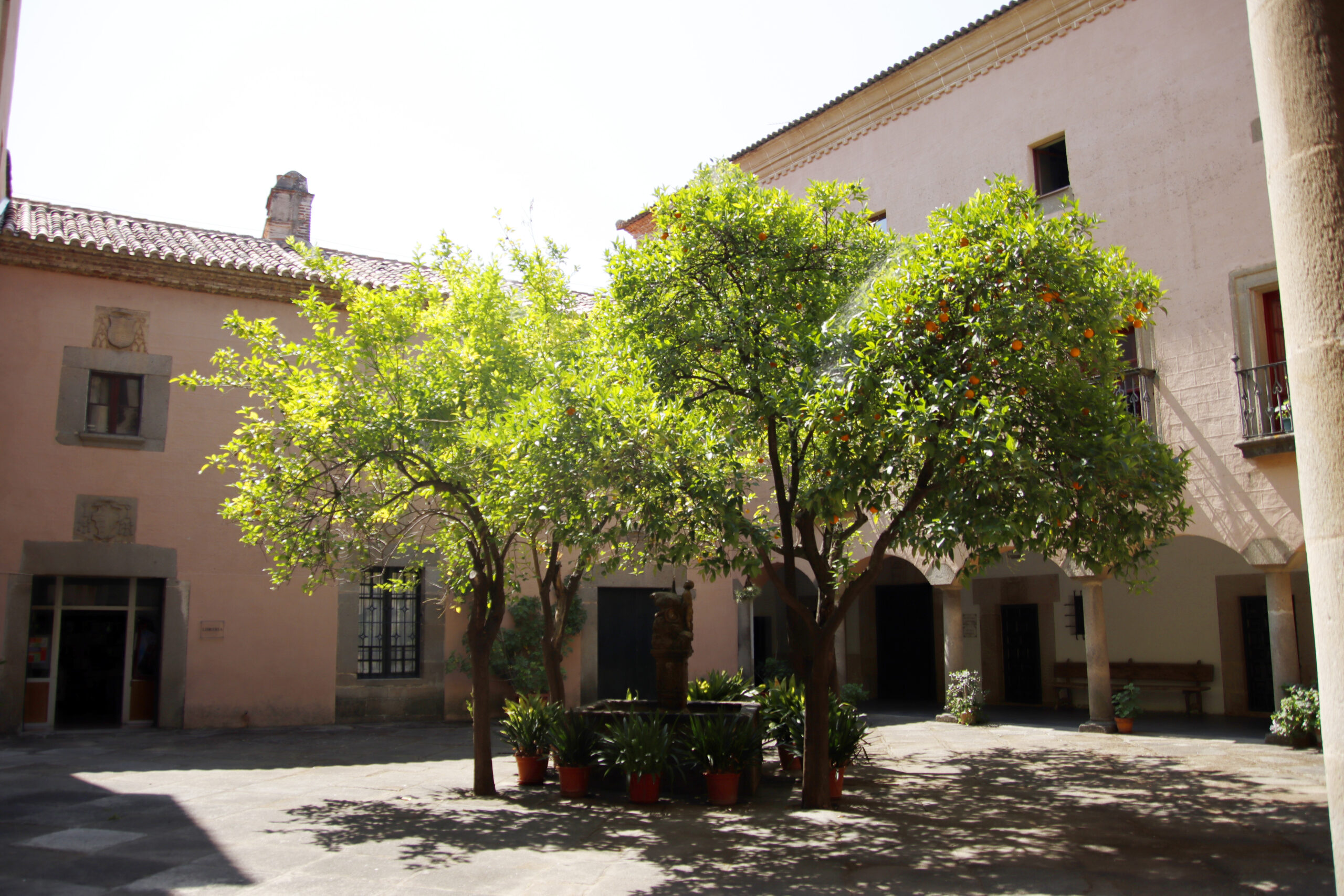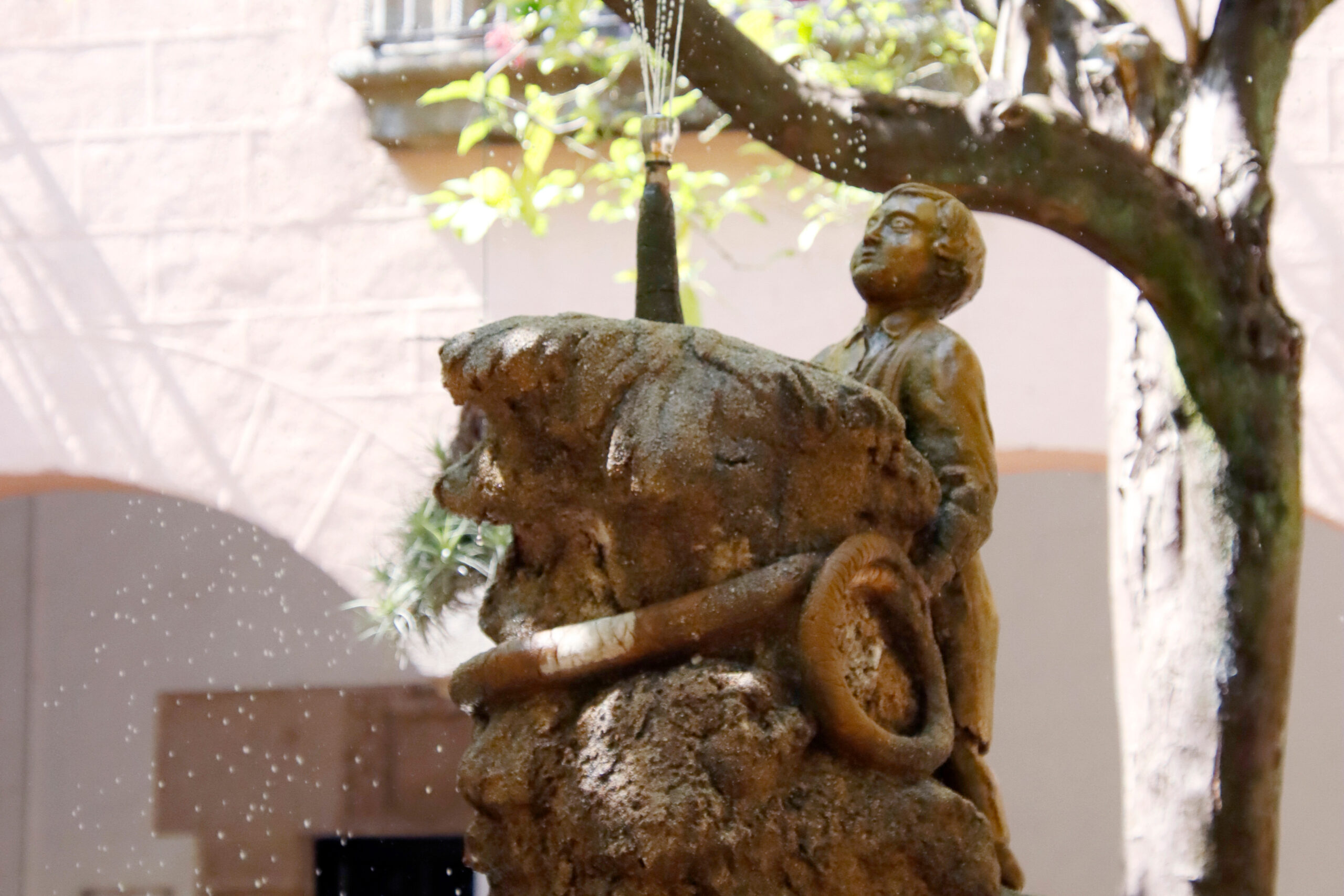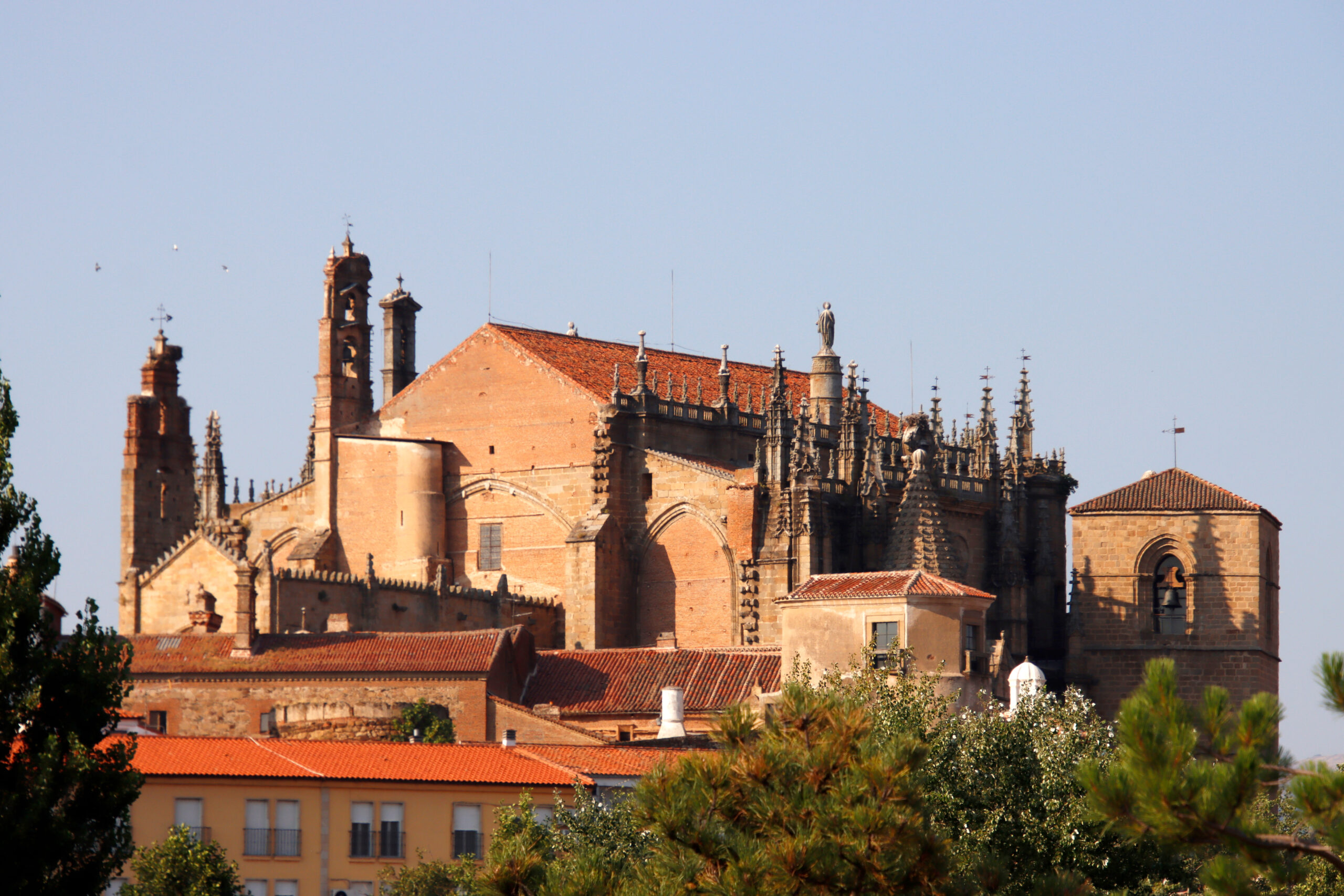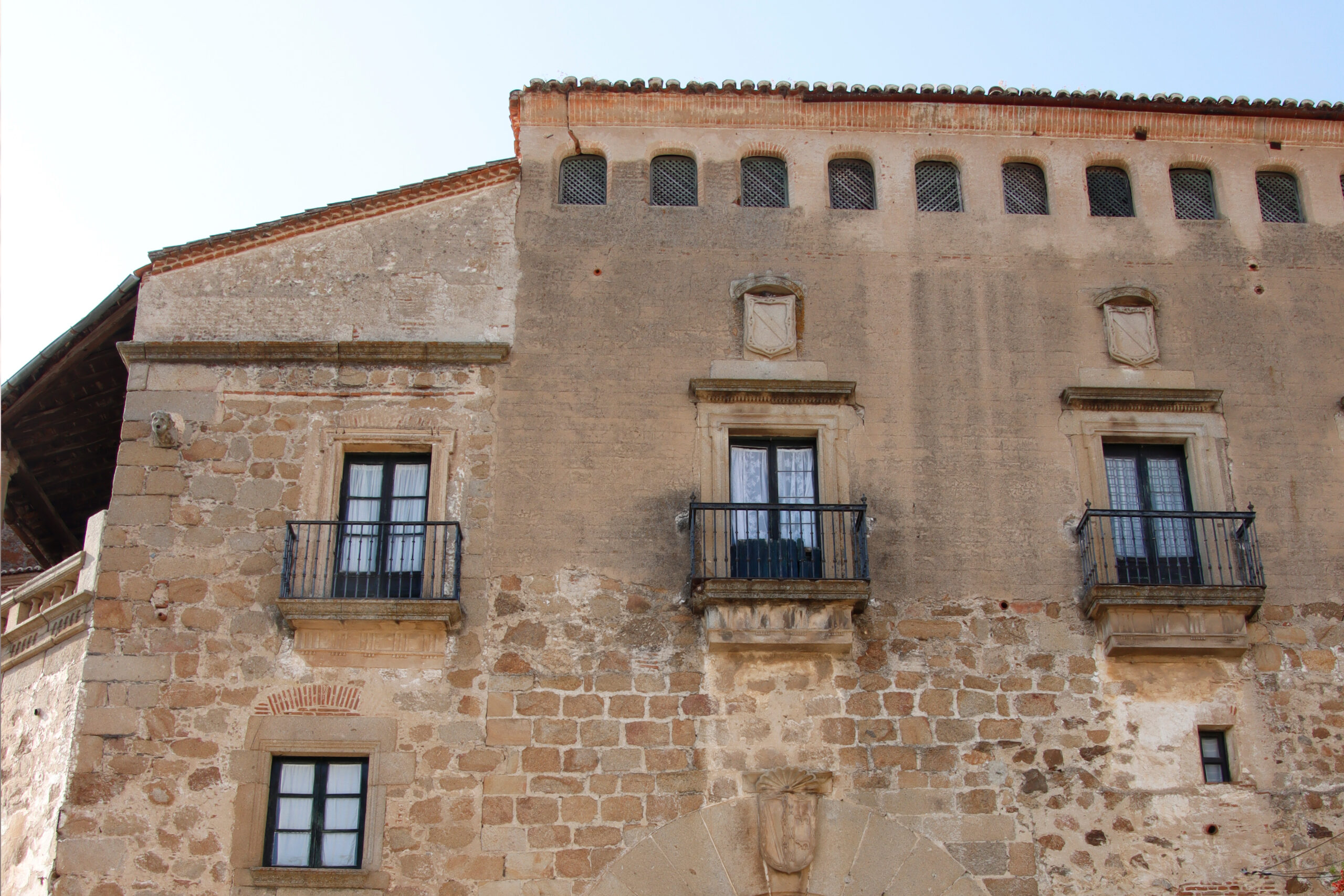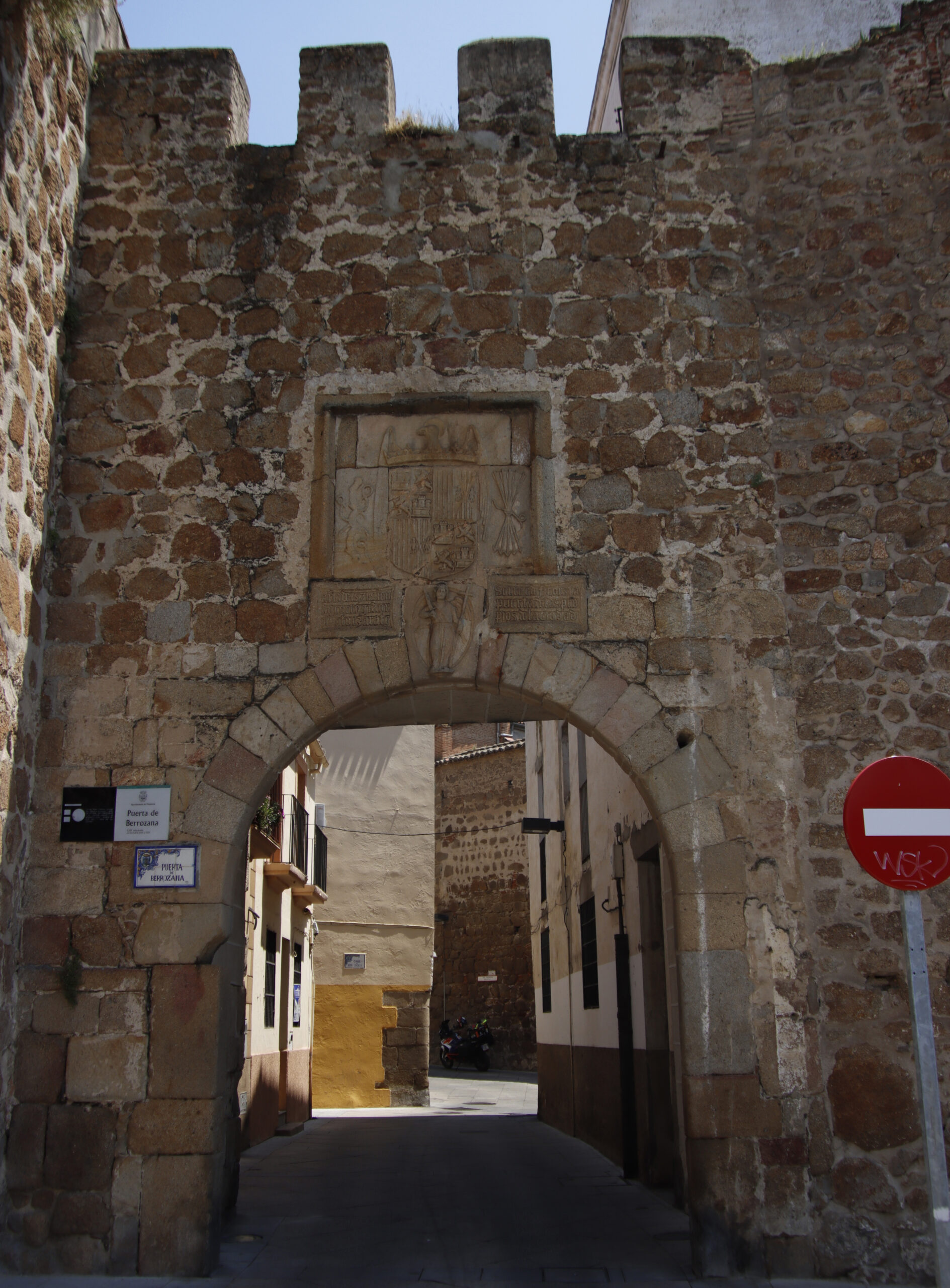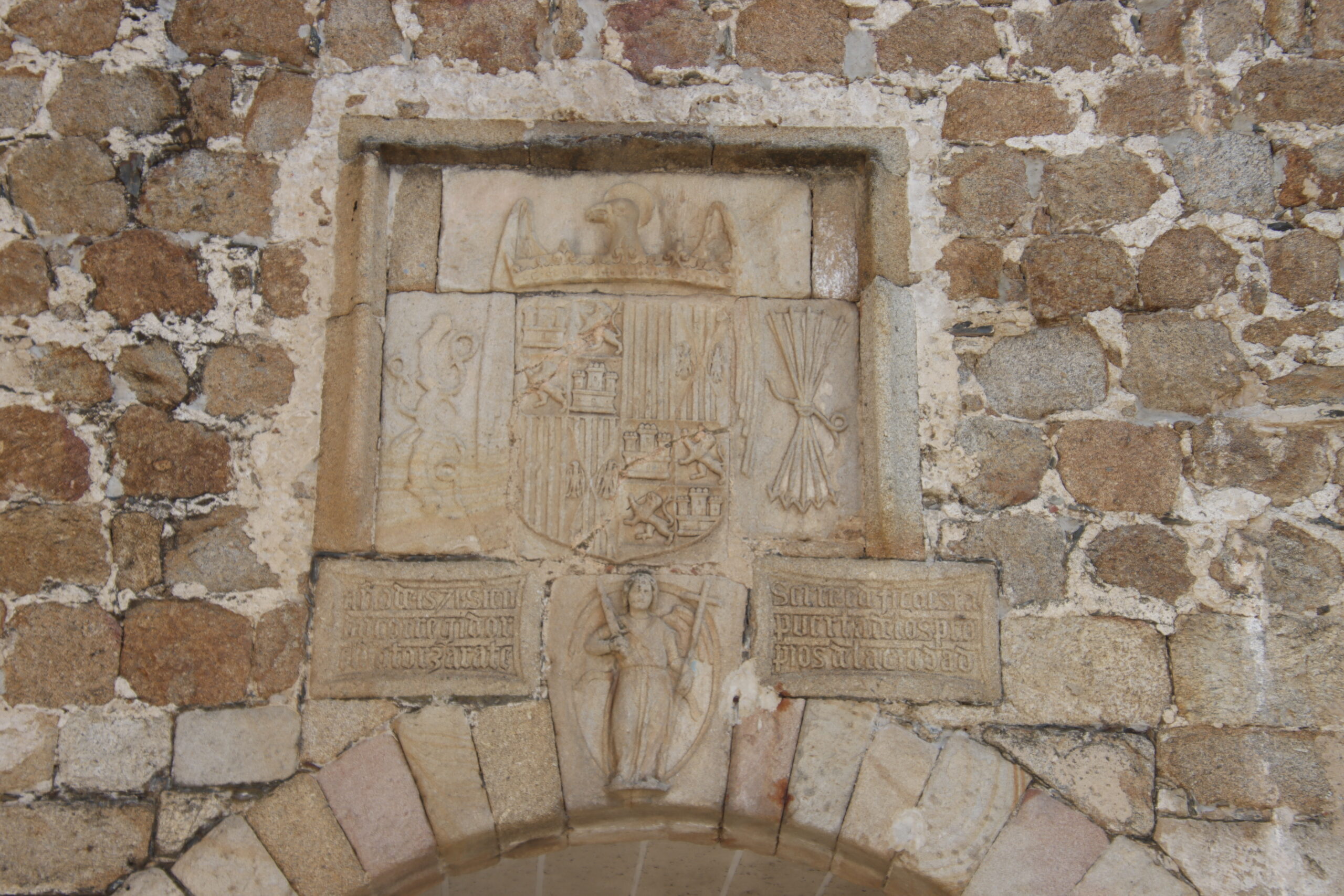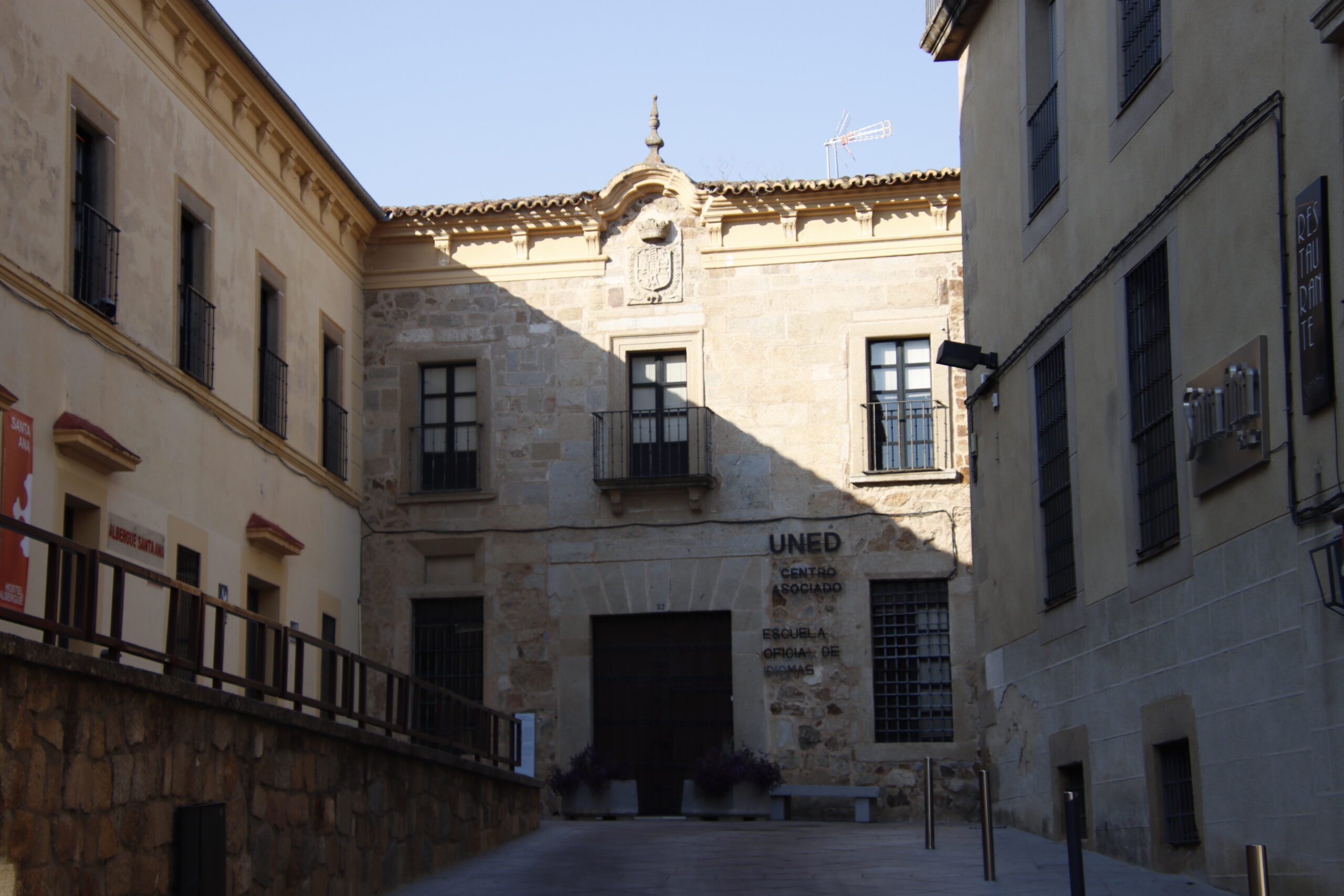Palacio Episcopal
Episcopal palace
- Plaza Obispado, s/n
- bSchedule
- Free
The Episcopal Palace or Palace of the Bishopric, next to the cathedral, began its construction during the 15th century by Bishop Gutierre Álvarez de Toledo (from 1498 to 1506), promoter of the New Cathedral. This one places his emblems on the two windows on the right of the upper floor, and on both sides of the main portal.
Over the centuries, the different bishops have made modifications, which leaves us with an eclectic building with numerous additions from the 15th to the 20th century.
Anything to improve?

